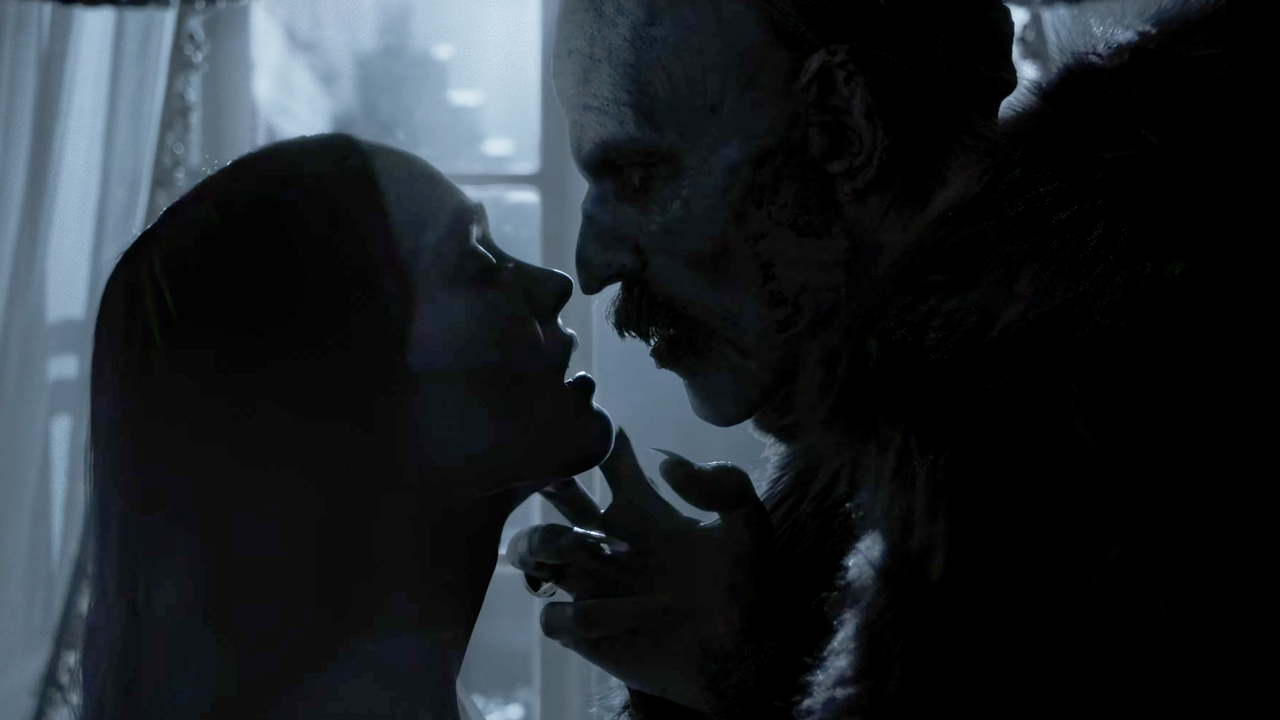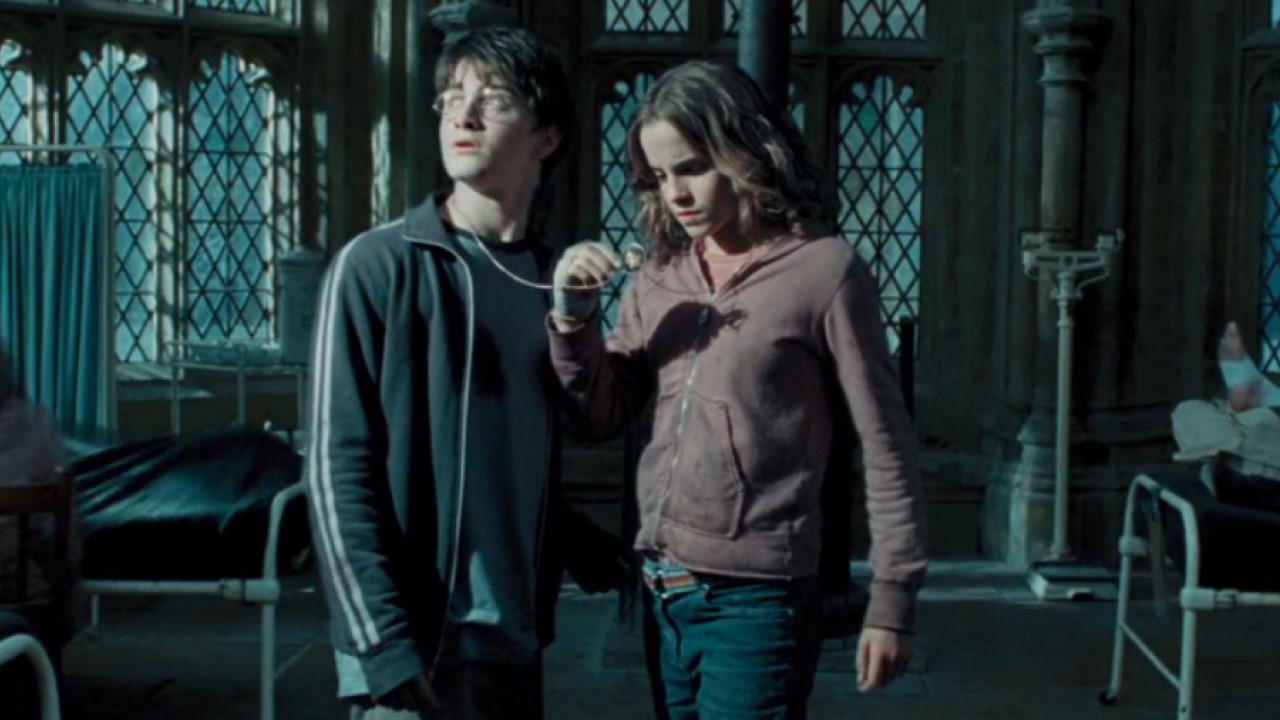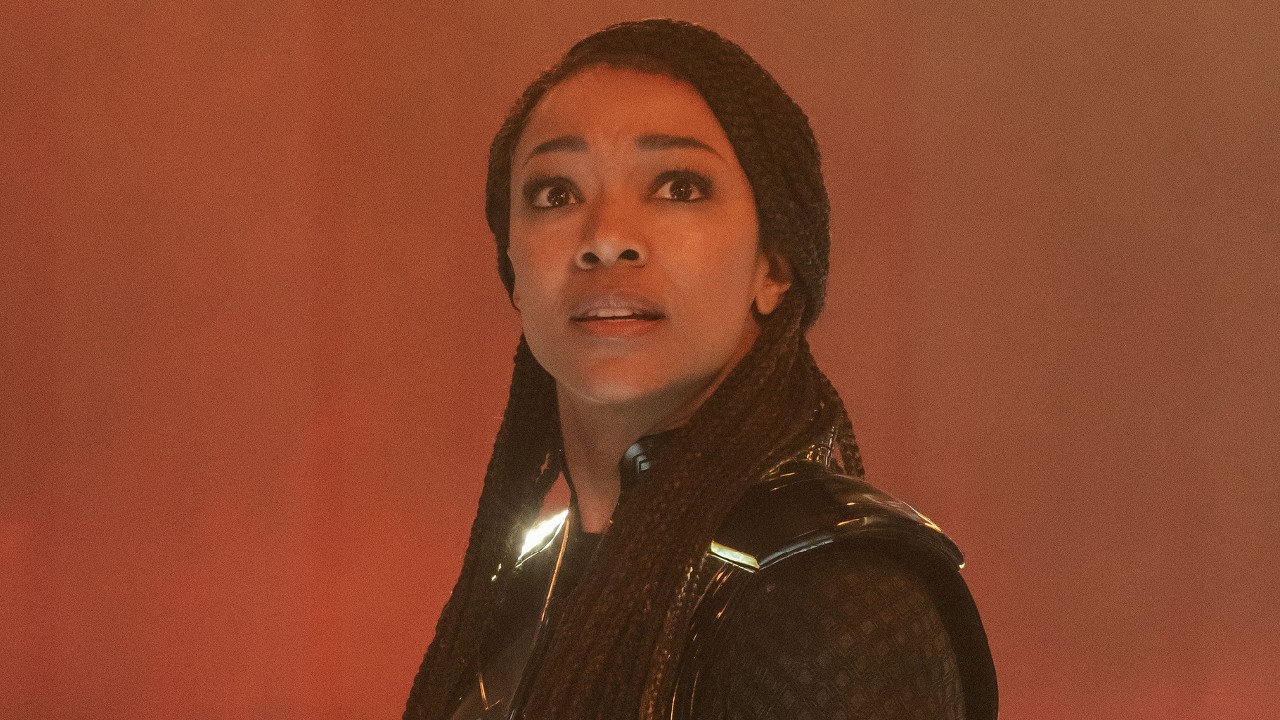Feed The Beast Review: AMC's New Crime Drama Is A Meal We've All Had Before
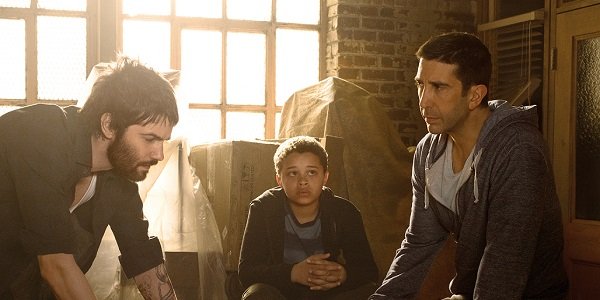
The near-universal acclaim for Breaking Bad and the dominant ratings of The Walking Dead are doubled-edged swords for AMC, since it’s easy to assume that nothing in AMC’s future will ever be lauded more than Breaking Bad or watched more than Walking Dead. But every new show will likely be judged by those standards anyway, and while some, like Preacher, will rise above thanks to envelope-pushing originality, others like the upcoming crime drama Feed the Beast will underwhelm because the lack of originality overshadows the more defendable elements. Somebody update this menu, si vous plait.
Feed the Beast, based on the Danish series Bankerot, is the quick rebound TV project for David Schwimmer, whose return to TV for The People Vs. O.J. Simpson was met with praise (as well as viral videos of him saying “Juice.”) Schwimmer stars as Brooklyn resident Tommy Moran, a once-proud sommelier whose life was dismantled by the death of his wife and mother of their young son T.J. (played by newcomer Elijah Jacob). Tommy’s mourning includes drinking wine for leisure more than work, and he’s resorted to selling wholesale wine to pay the bills. T.J., meanwhile, hasn’t spoken a word since watching his mother die, which creates its own set of difficulties both at home and at school.
Enter Dion Patras, played by Across the Universe and 21 star Jim Sturgess. Dion and Tommy are best friends, although it’s plainly obvious that their friendship started at a time when they probably had something in common, because there is very close to zero good-natured chemistry between them. They do share substance abuse problems, though, with Dion spending his first days out of jail snorting his money away instead of paying back the gang boss he has a debt with. This debt is what brings Dion and Tommy back to their dream of opening a restaurant, a dream that originally died when Tommy’s wife did.
On paper, this could be a solid hook. People love seeing the darker side of chef culture, which often sees drugs and alcohol being used to cope with the intensity of the job, and a criminal debt is a decent enough way to add stakes to any kind of story. But Feed the Beast puts that hook in the fat rather than the lean and clear-cut meat. Tommy proves himself to be bad with decisions early on, but he should not in any frame of mind feel confident about going into business with Dion, who does absolutely zilch to come across as a good boss/employee/co-worker/friend/human. His pro column is that he can cook, and his kitchen-based influence does good things for Elijah’s well-being. Oh, and he might be a good lay, if his lawyer has anything to say about it. That’s how wild Dion is.

Not that Sturgess and Schwimmer are bad in these roles, but the roles aren’t that great for them, and other characters present similar issues. Mad Men’s Michael Gladis is decent as the crime boss Patrick Woichik, but his refreshingly reserved etiquette in certain situations is inexplicably paired with a penchant for pulling people’s teeth out when they anger him, behavior that earned him a suitable nickname. Lorenza Izzo is the show’s brightest light as Pilar Herrera, someone from Tommy’s grief support group who he brings into the restaurant plans for no real reason other than there’s unearned romantic tension between them.
The standout of the bunch, though not without certain faults, is Tommy’s father Aidan, played by the dependably excellent John Doman. Aidan and Tommy do not get along at all, although Tommy and Dion are forced to enlist Aidan’s help on the financial side of getting the restaurant off the ground. The most genuine moments in the early part of this season featured Aidan in some capacity.
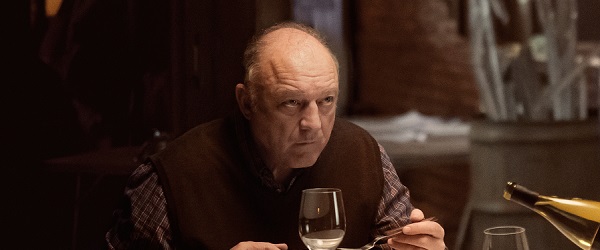
Clyde Phillips, Feed the Beast’s creator, was also one of the brains behind the classic Parker Lewis Can’t Lose and the NBC sitcom Suddenly Susan, as well as a writer/producer on Dexter and Nurse Jackie. There are definitely aspects to Feed the Beast that are appealing, but one wishes that Phillips might have shot for more nuance with these characters rather than dealing mostly in tropes and overwhelmingly self-referential dialogue. You cannot imagine how many times you hear about Tommy being the bee’s knees of sommeliers, at least when he’s not complaining about something wine-related or distressing over something wine-related. Or how many dumb things Dion does for the sake of making the conflict worse. Or how many scenes can be predicted because they’ve been done before. Or how many times people make running a restaurant in Brooklyn sound harder than perpetual motion.
CINEMABLEND NEWSLETTER
Your Daily Blend of Entertainment News
In the end, I did enjoy Feed the Beast more by the fourth episode than I did when the premiere ended, partly because the narrative flows more like a book than episodic TV. But that might not work so well to keep people tuning in on a weekly basis. And as I drink my glass of sangiovese and prepare my lamb brochettes with pepper jelly compote (or eat a takeout hamburger with a daiquiri), I will consider whether or not there’s enough in Feed the Beast to keep chewing on for the rest of the season.
Rating:

Feed the Beast will premiere the first of its ten-episode first season on Sunday, June 5, on AMC.

Nick is a Cajun Country native and an Assistant Managing Editor with a focus on TV and features. His humble origin story with CinemaBlend began all the way back in the pre-streaming era, circa 2009, as a freelancing DVD reviewer and TV recapper. Nick leapfrogged over to the small screen to cover more and more television news and interviews, eventually taking over the section for the current era and covering topics like Yellowstone, The Walking Dead and horror. Born in Louisiana and currently living in Texas — Who Dat Nation over America’s Team all day, all night — Nick spent several years in the hospitality industry, and also worked as a 911 operator. If you ever happened to hear his music or read his comics/short stories, you have his sympathy.



